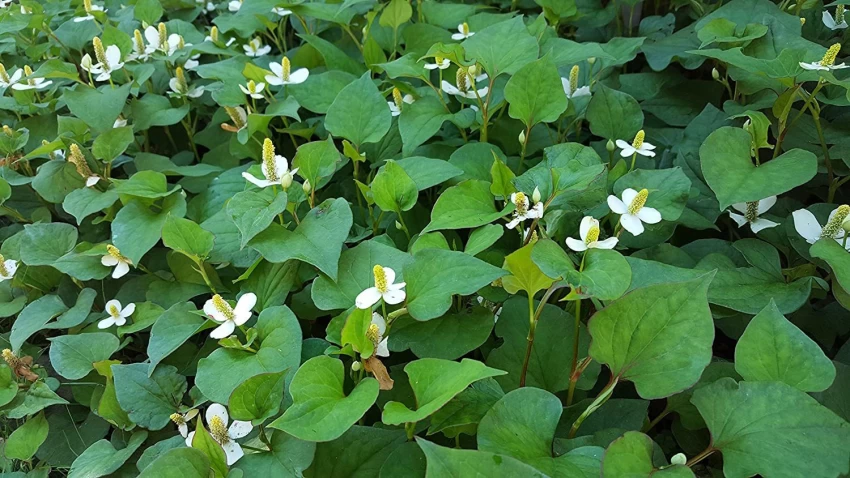Rapid Fire
Rapid Fire Current Affairs
- 06 Oct 2023
- 4 min read
Government Exempts Aviation from IBC's Moratorium
Recently, the Ministry of Corporate Affairs (MCA) exempted all transactions and agreements related to aircraft and their engines from the moratorium (temporary suspension of an activity) under Section 14 of the Insolvency and Bankruptcy Code (IBC), 2016 providing relief to aircraft lessors (a company that leases out its fleet of aircraft to airlines).
- Aircraft lessors faced challenges when the National Company Law Tribunal (NCLT) barred them from repossessing planes from Go First (an Indian airline), which had filed for insolvency.
- The exemption aligns with the Cape Town Convention (CTC), an international treaty offering time-bound solutions for lessors to repossess aircraft, thus reducing their risks, including in the case of insolvency.
- India is also a signatory to CTC.
Read more: IBC Reform: Distribution of Proceeds
Amazon River Dolphins
- Recently, over 100 Amazon River Dolphins were found dead in an Amazon River tributary, possibly due to severe drought and heat.
- Amazon River Dolphins are known for their distinctive pink and gray colouration. Slow reproductive cycles make their populations especially vulnerable to threats.
- Amazon River dolphins are exclusively freshwater dolphins and are adapted to live in the river systems of South America.
- There are several species of Amazon River dolphins, including the pink river dolphin (Inia geoffrensis) and the gray river dolphin (Sotalia fluviatilis).
- Amazon River dolphins primarily feed on fish, using echolocation to locate their prey.
- The International Union for Conservation of Nature (IUCN) Red List Conservation status: Endangered.
Fish Mint: A Herb with Surprising Health Benefits
Fish mint, also known as Houttuynia cordata or chameleon plant, may not resemble fish in appearance, but its distinct fish-like smell and taste reveal the origin of its unusual name.
- Native to Southeast Asia, this herb thrives in moist soils and is resistant to flooding.
- In India's northeastern states, it is known by various names and used in salads, fish recipes, and traditional remedies.
- Recent studies have reinforced its therapeutic potential, including its ability to alleviate asthma symptoms, suppress fever-induced organ damage, combat infectious oral conditions etc.
Circular Migration
Circular migration is a recurring pattern of movement where individuals migrate between their country of origin and a destination country based on the availability of employment opportunities.
- To qualify as circular migration, certain criteria must be met, including temporary residence, multiple entries into the destination country, freedom of movement, legal rights, protection of migrant rights, and a demand for temporary labor. The concept becomes more complex when multiple countries are involved.
- Circular migration is seen as a balanced approach to migration, addressing the economic needs of both the destination and origin countries. It allows for the circulation of skills, remittances, and labor without causing permanent demographic shifts.
- While circular migration presents opportunities, it also poses challenges, including brain drain for origin countries and cultural conflicts in destination countries.
Read more: Migrant Issues and Safeguards






